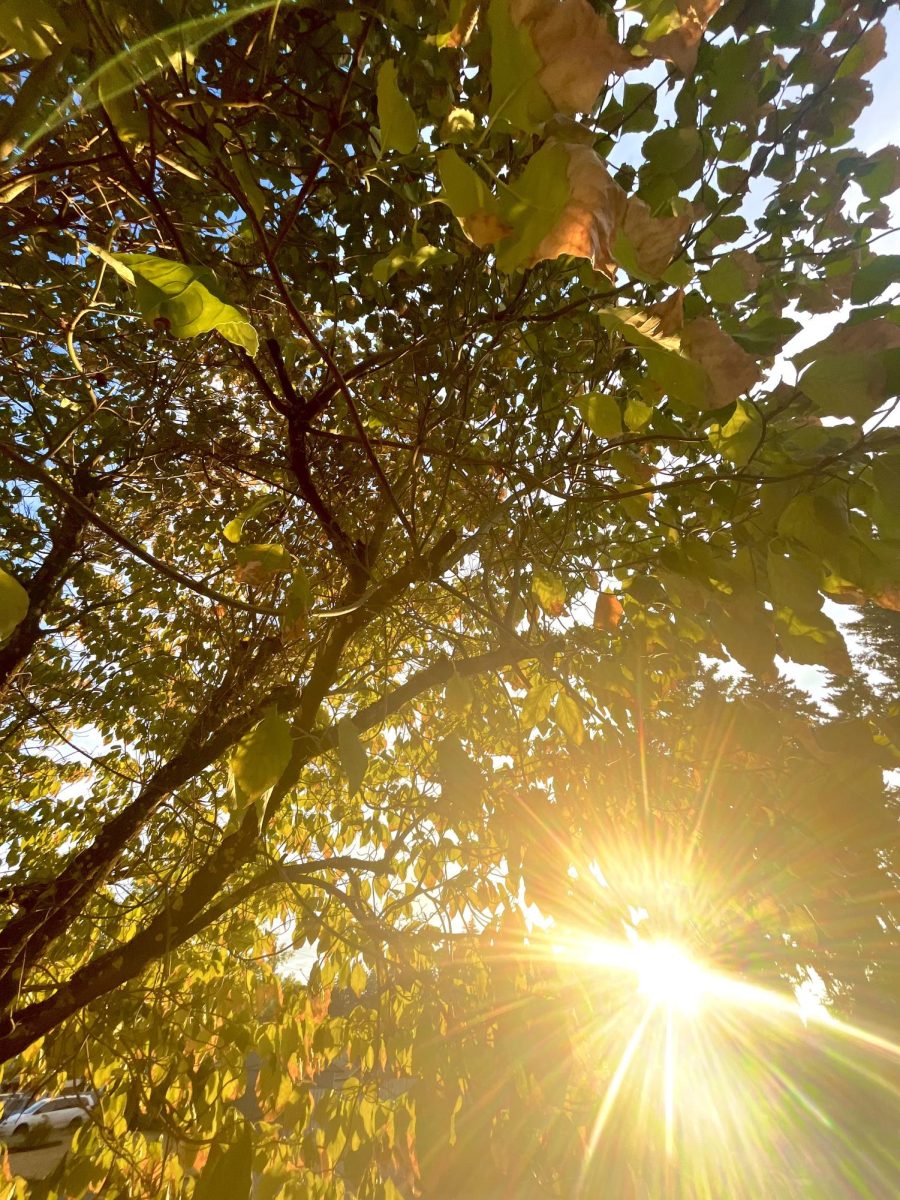It’s close to Winter meaning the weather is going to get colder, cloudier, and wetter. But did you know that can affect your mood? According to MedlinePlus, seasonal depression affects 10-20% of people with major depressive disorder, and about 25% of people with bipolar disorder. There are two kinds of seasonal depression-fall onset, and spring onset. As you can probably guess, fall onset is when the symptoms of depression happen during the winter or late fall, while Spring onset happens when the symptoms occur in late spring or summer. There is no clear cause of seasonal depression, but there are ways to treat it.
Jenna Brown-Albright, a psychiatric nurse practitioner, says there are some misconceptions about SAD that are important to know. She says that, “Some people think that people with SAD don’t experience depression the rest of the year, and that it’s only at certain times of the year.” Folks suffering from seasonal depression can still feel depressed at other times that aren’t necessarily related to the weather. Jenna also mentioned that the overall stigma around mental illness as a whole can make others not want to get help. A diagnosis can kickstart a treatment plan that you and your healthcare provider think is best. Treatment can consist of medication, and things you can do for yourself.
Light therapy is a common and easily accessible way to treat your symptoms. Light therapy consists of a special light box that you turn on and sit in front of for 30-60 minutes each day. It’s recommended to be done in the morning and you can purchase these light boxes in the form of a lamp, or wall mounted light fixtures. It’s recommended to talk with your healthcare provider to see which kind will work best for you. MedicineNet states that blue light is the best kind of light to improve your mood and depression symptoms. Though being outside with natural light is thought to work better than artificial light. Reduced sunlight can cause your serotonin levels to drop, which can trigger depression. Exercise is also a great way to up your serotonin, as well as your amount of endorphins. Physical activity can distract you from negative thoughts, and help prevent anxiety.
Getting therapy is beneficial for anyone, even those without seasonal depression. Talking to a professional or your school counselor can help. It’s important to care about your well-being, and pay attention to people who may be struggling. If you need someone to talk to, call (877)-968-8491 YouthLine, or text “teen2teen” to 839863.

